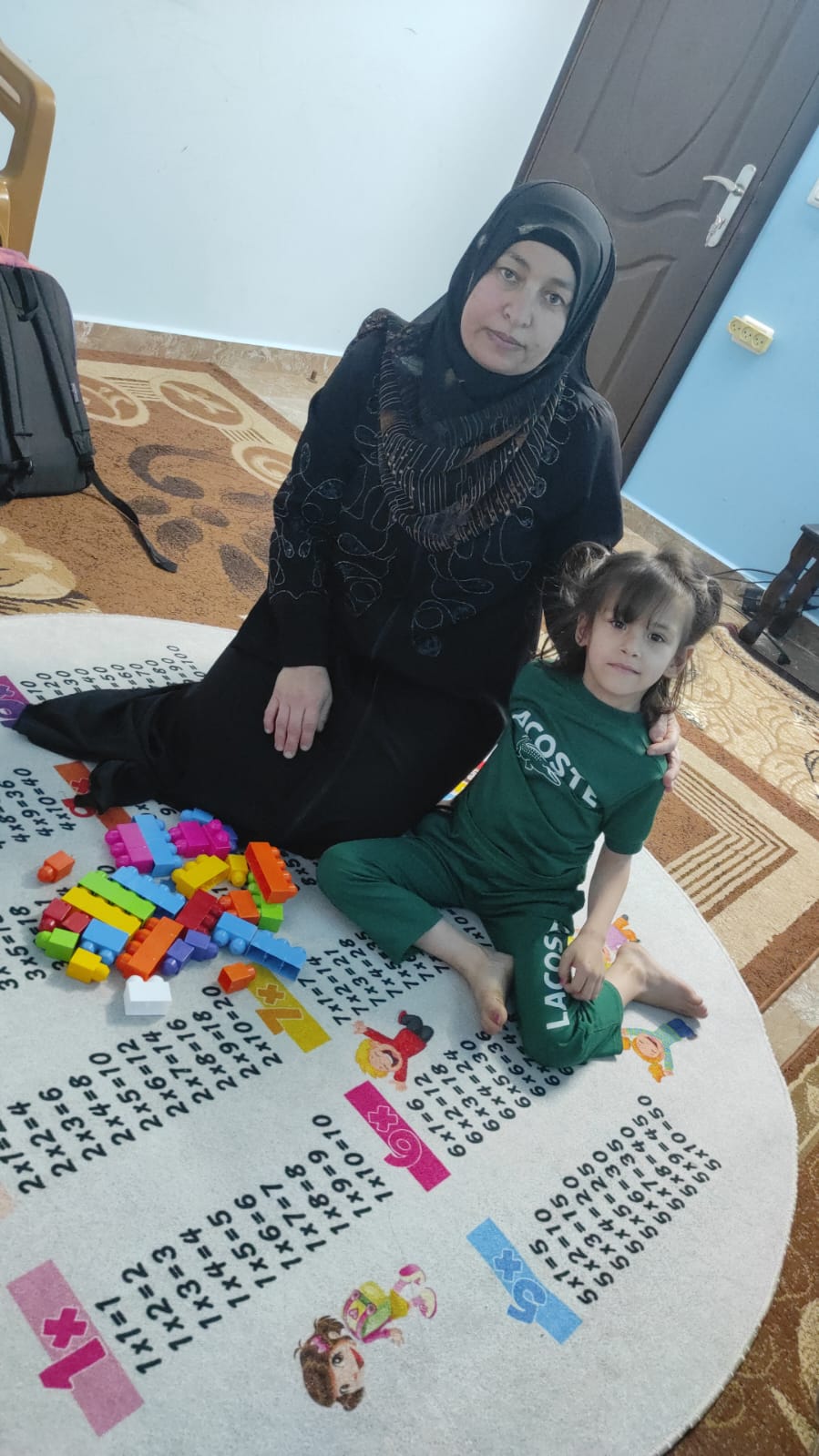Mental health under fire: a mother supporting her children amid traumatizing armed raids
Shatha Griefat is a dedicated nurse and mother of three, living in the Nur Shams refugee camp of the northern West Bank. As a professional caregiver and a parent, she faces the daily challenges of raising her children, including her youngest daughter with developmental delays, amid the constant threat of violence. The surge in violence in the Occupied Palestinian Territory has placed an immense strain on her family, particularly as operations carried out by Israeli forces in residential areas of the West Bank, including theirs, have intensified.
In the face of these challenges, Shatha found some relief through the Mental Health and Psychosocial Support Services (MHPSS) project, led by Medical Aid for Palestinians (MAP) and backed by the OPT Humanitarian Fund. This initiative, part of a larger effort benefiting hundreds of thousands of people across the West Bank, provided Shatha and her family with essential resources, including an MHPSS care kit, Psychological First Aid sessions, and self-care workshops. These tools have been vital in helping them cope with the emotional toll of being exposed to insecurity and violence.
“I needed to learn how to take care of myself... help myself, my children, and the patients I see every day,” Shatha told us, reflecting on the support she had received. The care kit proved invaluable during an operation that Israeli forces carried out in the camp in April 2024, she said. Amid the chaos, Shatha used the kit to calm her children, giving them games and activities that helped them express their emotions and cope with their fear.
Tulkarm governorate, where they live, has increasingly been at an epicentre of significant violence. Between 7 October 2023 and 22 July 2024, 124 Palestinians were killed there – 22 per cent of the West Bank toll for that period. Across the West Bank, 1,433 people were displaced, particularly in Jenin and Tulkarm, as homes were destroyed during these operations. The destruction, coupled with exchanges of fire between Palestinians and Israeli airstrikes in residential areas, has left many without basic necessities like water and electricity, further exacerbating the psychological stress on residents.
Projects like MAP’s MHPSS initiative are crucial in providing mental health and psychosocial support to families like Shatha’s. As violence continues to disrupt lives in the West Bank, these efforts play a vital role in helping communities support one another through the ongoing violence to which they are exposed.











